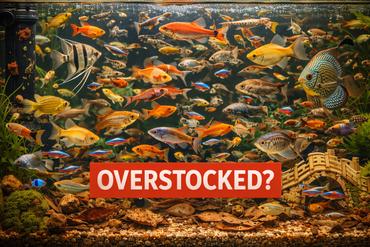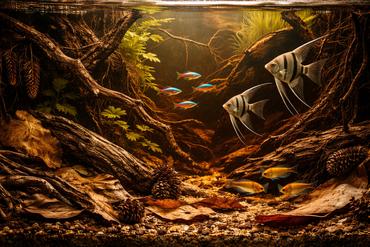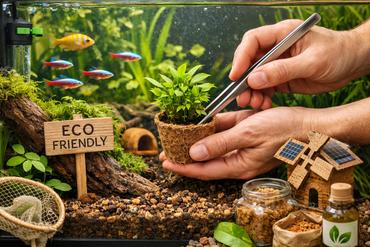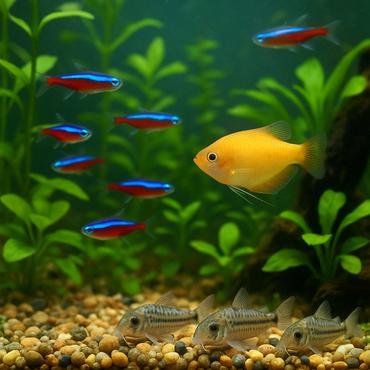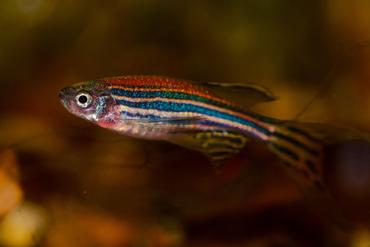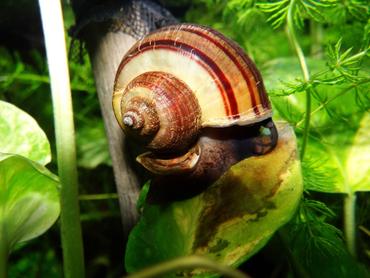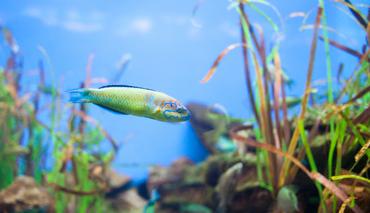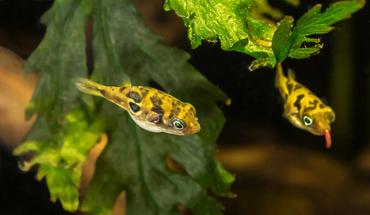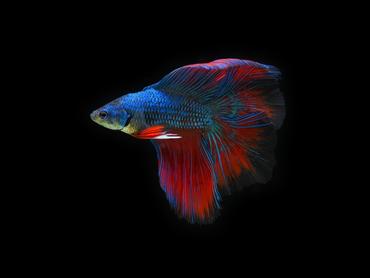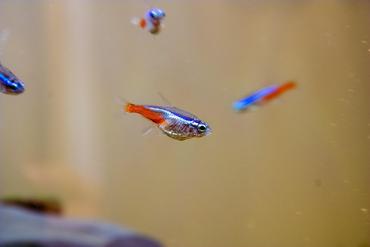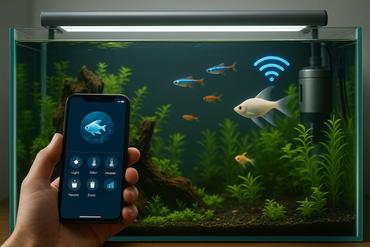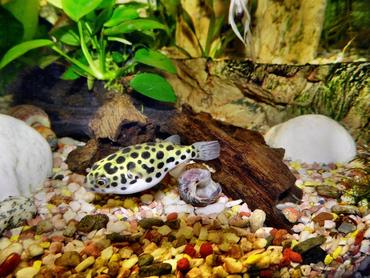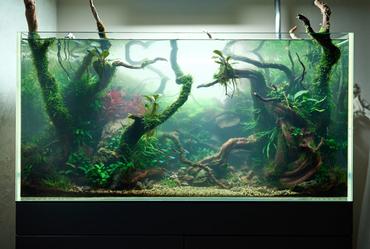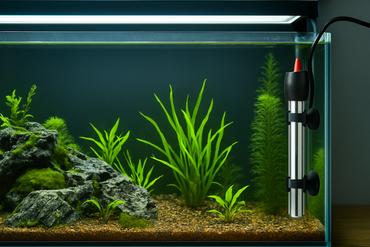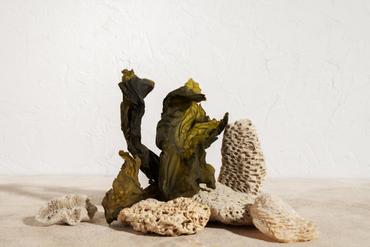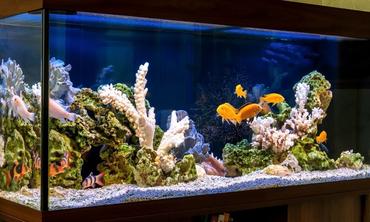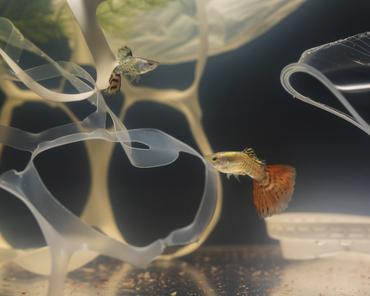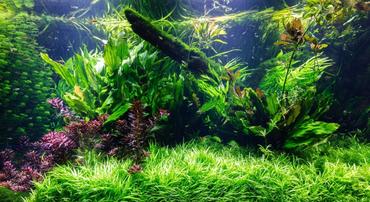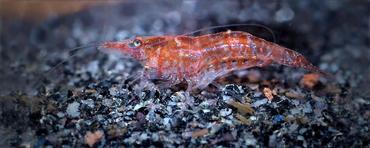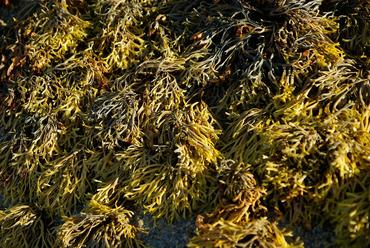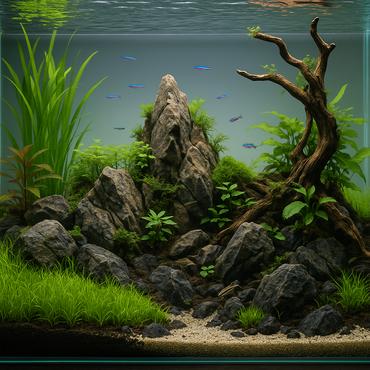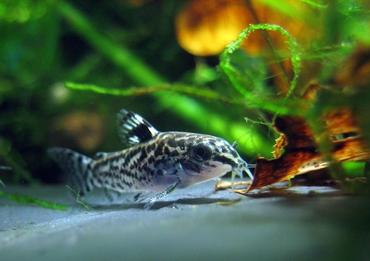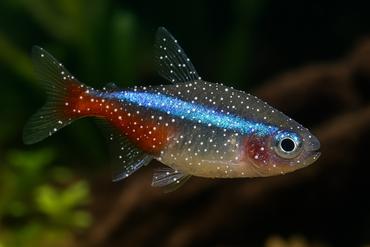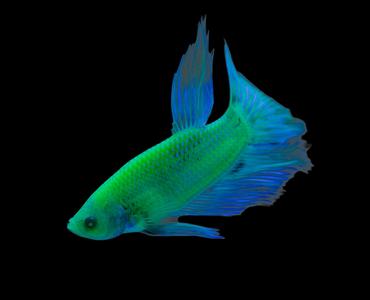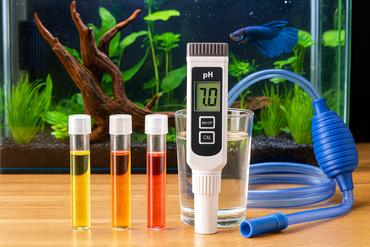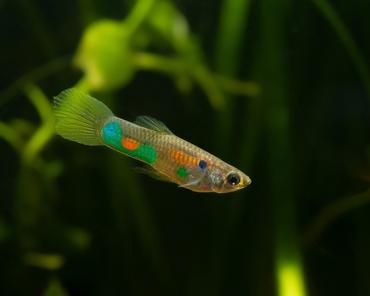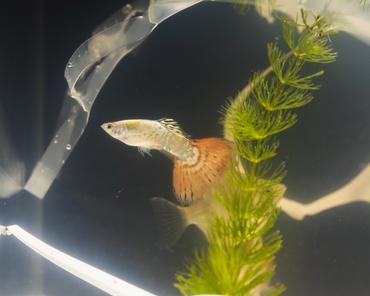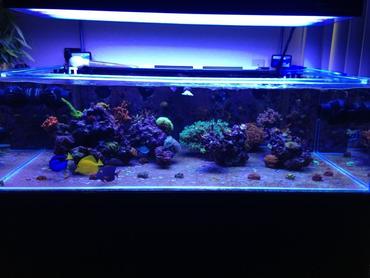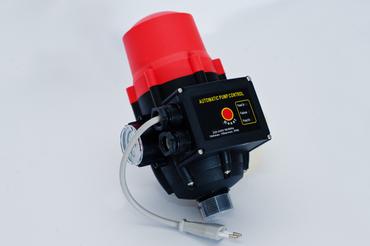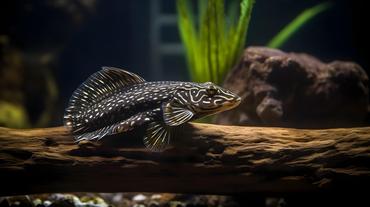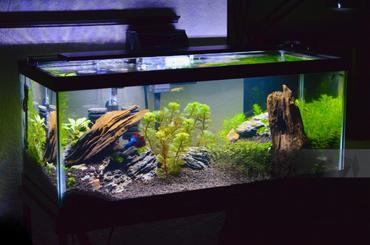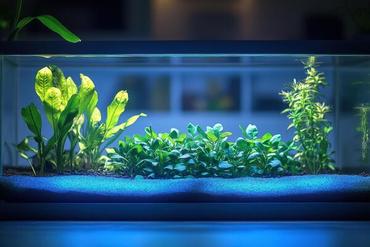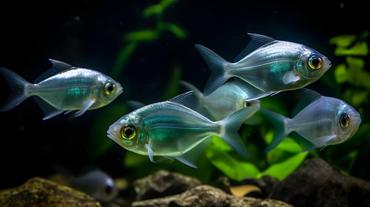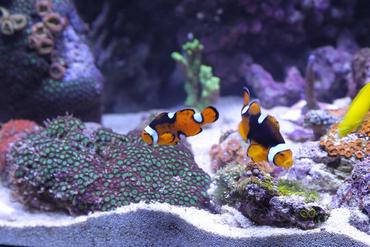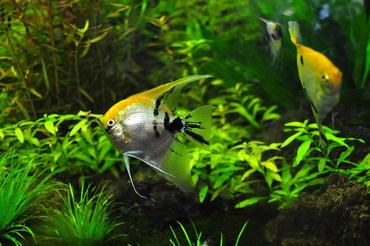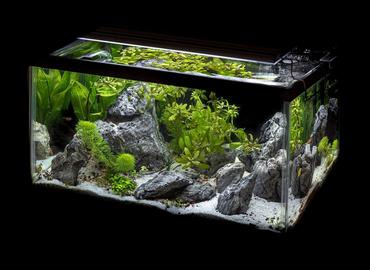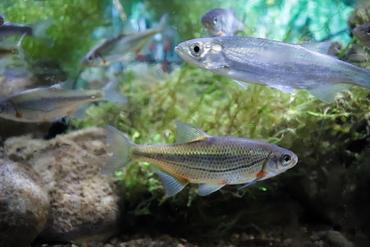TIPS FOR SPOTTING SIGNS OF DISTRESS IN YOUR FISH BEFORE IT'S TOO LATE

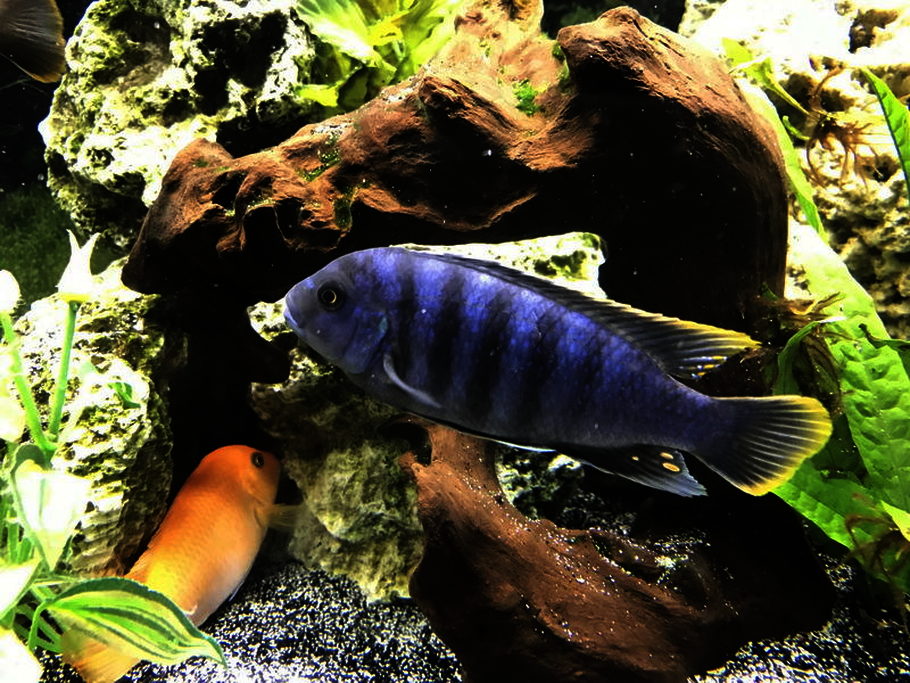
Now, let’s revisit the causes of stress to get a better understanding of how these things can affect your tank inhabitants and what specific symptoms they might cause.
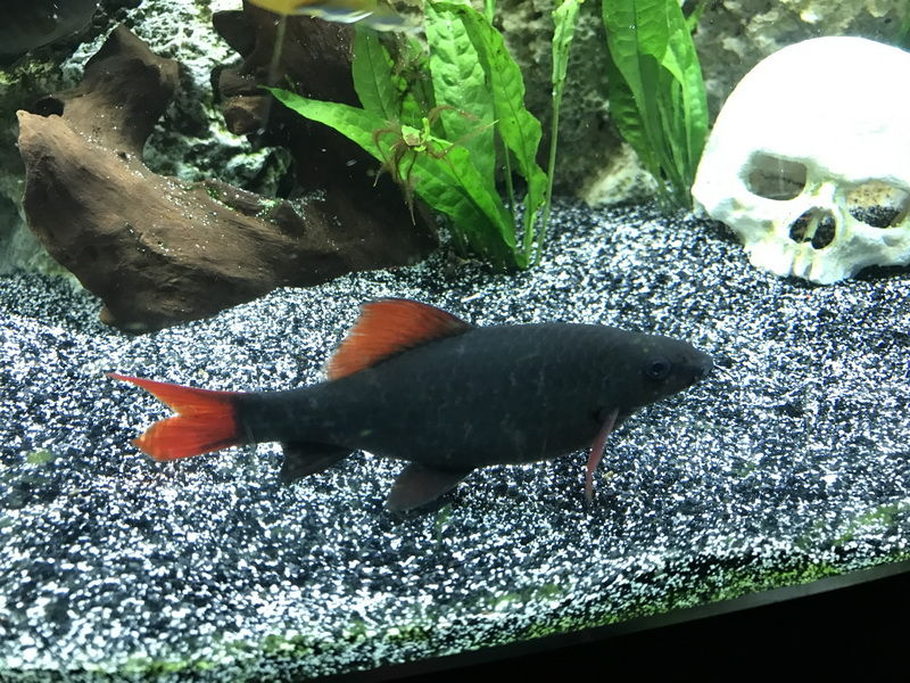
Not only can it be stressful for your fish if the water chemistry in your tank becomes unbalanced, but any sudden or significant changes in water chemistry can be stressful. For example, if the pH in your tank remains consistently elevated (but only by a little bit), it will cause chronic stress. When these changes happen suddenly, it leads to acute stress. Some species of aquarium fish are hardy enough to adjust to such changes, but many are not. If the changes happen once, it may not be a big problem but, if the fluctuations occur on a daily basis you’re more likely to see changes in behavior.
Improper Tank Parameters
Aside from water chemistry, there are other tank parameters you need to keep an eye on as well. Tank temperature, for example, is very important. The ideal temperature for your tank will be determined by the type of fish you keep. It is very important that you do some research before stocking your tank to make sure that you can cater the tank environment to the needs of your fish. You also need to make sure that all of your tank inhabitants are compatible in terms of tank parameters. If you don’t have the right parameters for things like temperature, water hardness, pH, oxygen levels, and salinity, it can be very stressful (and dangerous) for your fish.
Though technically not a tank parameter, diet is another thing that can cause your fish to become stressed. Many novice aquarium hobbyists do not realize that different species of fish have differing nutritional needs – they often do not realize that some fish are herbivorous and others are carnivorous. It is important that you take the time to learn about the nutritional needs of your fish and then take steps to meet them. Don’t just feed them a generic flake food or pellet, either – aquarium fish require a varied diet in order to thrive. So, find out what kind of diet your fish need and then provide them with a variety of foods within that diet.
Changes in Environment
Not only can issues of water chemistry and other tank parameters cause your fish stress, but so can changes in the tank environment itself. One of the most common environmental causes of stress for fish is harassment from other tank mates. This is most likely to be a problem if you keep semi-aggressive or aggressive fish in a tank with peaceful species. It can also be an issue if you have more than one male of the same species or of a similar color/pattern.
Another problem with the tank environment that can be stressful for fish is a lack of hiding places or inadequate swimming space. Fish that are shy need hiding places in the tank in order to feel secure and more active species need plenty of room to swim. If these needs are not met, the fish may become stressed and that can lead to illness and other issues. You may also have problems if your tank is overcrowded with too many fish or with species that aren’t compatible.
In addition to these causes of stress, the entire process of being transferred from a breeding tank to your own aquarium can be very stressful. If you purchase your fish from a pet store, they have already been shipped and transferred once – when you take them home and put them in your tank, it is an added level of stress. Buying directly from a supplier is a good way to minimize stress because you will be cutting out the middle man and only transferring the fish once.
A Word About Stress vs. Disease
Before moving on to the ways you should handle stress in your aquarium fish, it is important to take some time to talk about the difference between stress and disease in aquarium fish. If you refer back to the list provided above of the signs of stress, you may find that some of the things on that list line up with the symptoms of common fish diseases. It is important to recognize that disease can cause your fish to become stressed, but if your fish are showing signs of stress it doesn’t necessarily mean that they have some kind of disease.
When your fish begin to act stressed, it’s a good idea to take a closer look to see if there are any physical signs of illness or injury. Take a closer look at the fish’s gills – are they moving too quickly, or do they appear inflamed? What about the fins – are they tattered and torn? Do you see any white spots or fuzzy growths on the fish’s body or fins? Has the fish lost weight or developed an unhealthy appearance? Asking yourself these questions can help you determine whether your fish are sick or if something in the tank is causing them stress. If you think that your fish are sick, you’ll need to do some digging to find out what they are sick with and how to treat it.
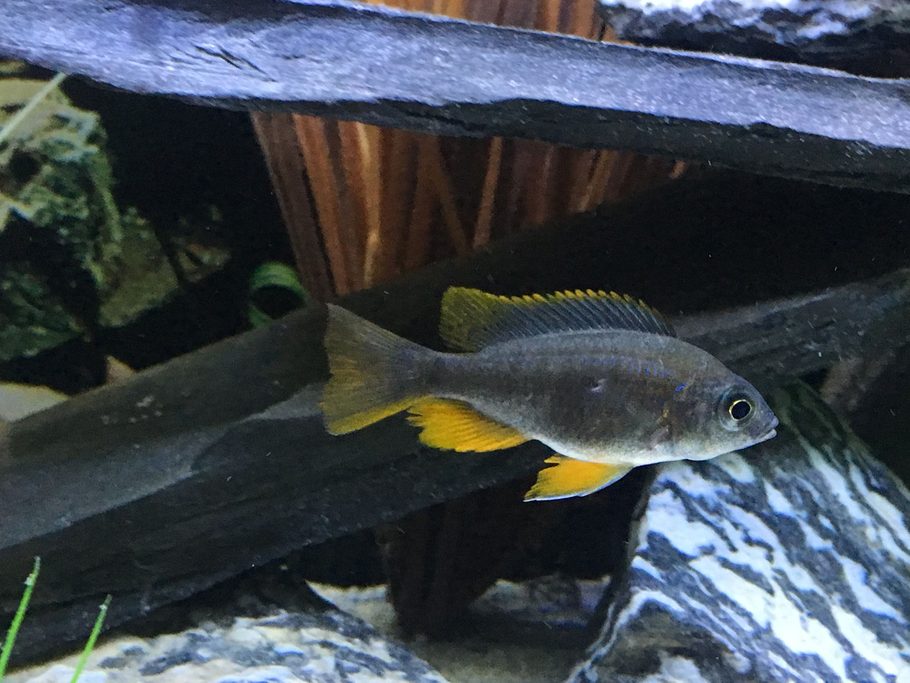
How to Handle Stress in Aquarium Fish
Unfortunately, it is unrealistic to think that you can eliminate all sources of stress from your aquarium. Each species of fish in your tank has slightly different needs, so it can be difficult to cultivate an environment that works perfectly for everything. This is why it is so important to do your research before you set up your tank – the more you understand the needs of your tank inhabitants, the better you can cater your tank environment to meet their needs. Once you have your tank set up, then, all you have to do is keep those parameters as stable as possible.
When it comes to dealing with stress in your aquarium fish, your first step is to identify the cause. If the stress is acute (sudden), it should be fairly easy to identify the cause – you may have added something to the tank or made some kind of change that precipitated the problem. If you are able to determine that the stress is chronic, identifying the problem could be a little trickier. The best place to start is by testing your tank water – you can purchase aquarium water test kits online or at your local pet store. All you need is a sample of your tank water and some paper test strips. Dip the strip in the water, then compare the color to the chart included with the kit. Then, take the results and compare them to the normal range for your tank.
If the results of your aquarium water test are normal, you may have to look elsewhere for signs of stress. Take a step back and look at your tank as a whole. Is all of your equipment working properly? Do the fish seem to have enough room to swim or is the tank overcrowded? Are there any outside factors that could be affecting your fish such as direct sunlight from a window or a draft from a nearby door. Take in all of the details of your tank and consider what kind of effect they might have on your fish. If you still can’t identify any potential problems, you may just want to wait a day or two to see if things improve on their own.
Another simple way to minimize stress in your tank is to keep your fish as healthy as possible. Aside from maintaining the right water chemistry and other tank parameters, the diet you feed your fish plays an important role in keeping your fish healthy. Again, you’ll need to know exactly what kind of diet your fish need and then make sure to provide for those needs. It is generally best to choose a high-quality staple diet such as a flake or pellet food catered to either herbivores or carnivores. From there you should add supplementary foods for variety – fresh, frozen, and freeze-dried foods. Keep in mind that these foods can be very rich, so only use them occasionally to supplement the staple diet.
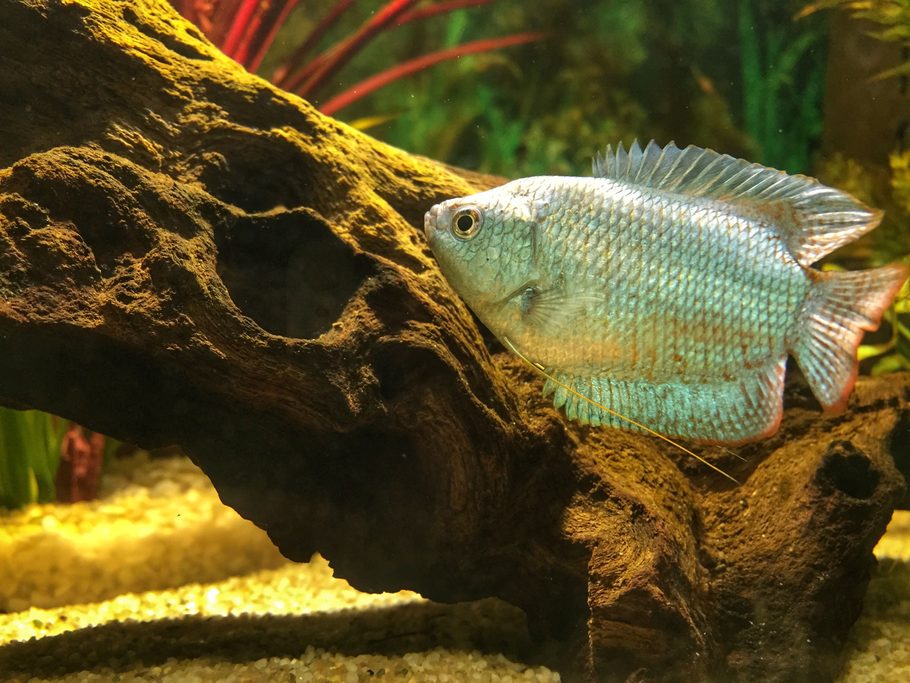
The best way to minimize stress in your aquarium fish is to keep your tank as stable and consistent as possible. Again, setting up your tank properly in the first place is extremely important – if you are able to achieve the right tank parameters at the beginning, all you have to do is maintain them. One of the best things you can do to maintain stability in your tank is to perform weekly water changes and water tests.
When you perform your water change, make sure you use a gravel vacuum to remove accumulated debris from the substrate in your tank – if you don’t, it could end up affecting your water quality and water chemistry. Then, when you refill the tank, make sure that the water temperature matches the water in your tank and don’t forget to treat it to remove chlorine. If you want to remove any risk of shocking your fish with the sudden change of water, you can set up a drip system to refill the tank.
In addition to performing frequent water changes, weekly water tests are also recommended. When you perform the test each week, record the results in a notebook and keep it near your tank. Each week, compare your new test results to the results from the past few weeks to make sure there are no significant changes. After a month or two, you’ll have established a baseline for your tank. If your fish suddenly start showing signs of stress, you’ll be able to perform a water test and compare the results to that baseline – if you’re lucky, the problem will become obvious based on those results.
Another important point to mention when it comes to reducing stress and maintaining stability in your tank is the use of water treatment products. If your fish get sick, you may find medications that are designed specifically for the treatment of that disease. You must be very careful when using any products in your tank, however, because you don’t know what side effects they might cause. For example, if your fish get ich you’ll want to treat the whole tank but the medication you choose could alter certain aspects of your tank’s water chemistry. You’ll also need to remove the chemical filter media from your tank filter – this could impact your water quality. Always think carefully before using anything to treat your tank water.
Maintaining a healthy and thriving aquarium can be hard work at times but it is all worth it in the end. After all, nothing compares to the beauty of a well-stocked, properly maintained aquarium.
MOST RECENT ARTICLES
